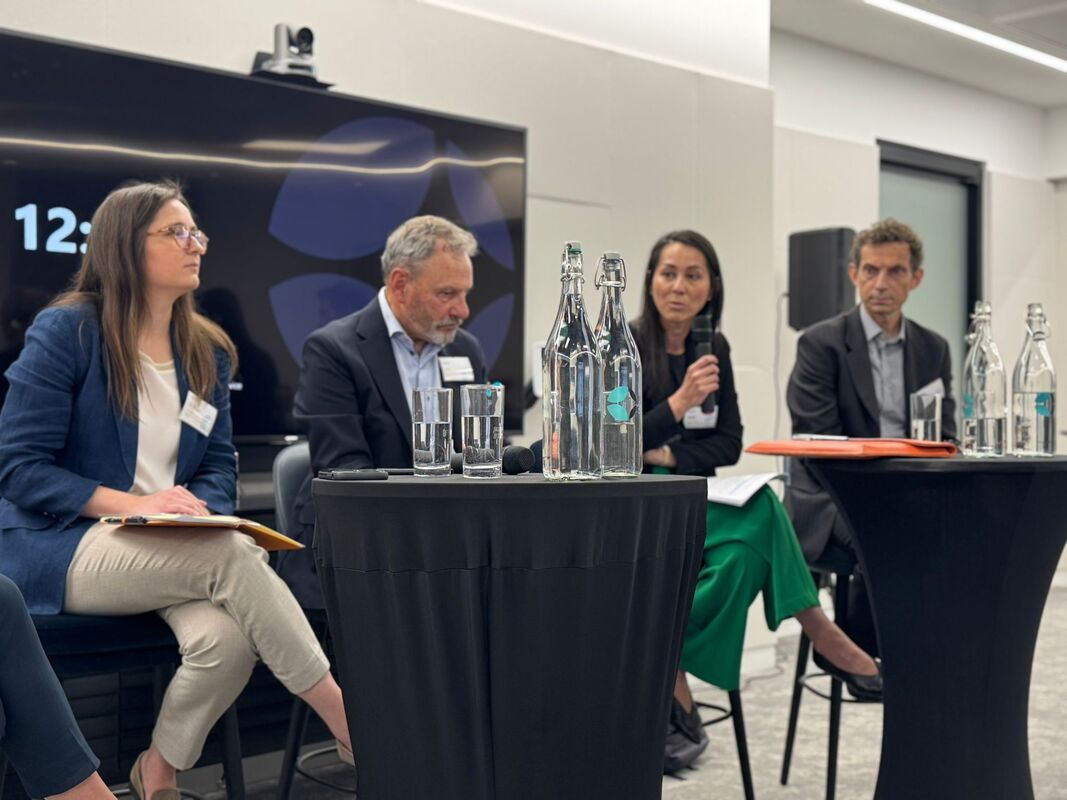
A recent panel discussion at the Institute's conference on 19 June 2025 focused on the Uyghur decision which is deemed to have marked a moment of clarity, and perhaps reckoning, for financial crime professionals. Hosted by the Institute and featuring experts from law, NGOs, and enforcement (Ruth Paley, Dr Helen Taylor, Jonatan Grimes, Anita Clifford, Neil Giles), the session unpacked the legal, regulatory and practical consequences of the landmark case for firms in the UK and beyond.
At the heart of the matter lies a bold and unsettling proposition: products tainted by forced labour may constitute criminal property under the Proceeds of Crime Act 2002 (POCA). If so, any arrangement to move, transfer or deal with such goods or their proceeds could expose firms to money laundering offences, regardless of whether they were purchased for "adequate consideration". This challenges long-held assumptions in compliance circles and raises difficult questions about what regulated firms are expected to do in the face of mounting supply chain risks.
The Uyghur case evolved from a simple question about cotton imports into a test of the limits of POCA. The Court of Appeal confirmed that purchasing tainted goods for value does not necessarily cleanse them of criminal character. This turns the spotlight back on those dealing with such goods, especially financial institutions facilitating trade, providing payments or offering accounts to importers. It also means compliance teams must reassess their assumptions about when property becomes clean, and when it remains very much criminal.
The judgment highlighted gaps law enforcement practice and regulatory expectations. The National Crime Agency’s initial reluctance to investigate on the basis that no specific property had been identified set a worrying precedent. Spotlight on Corruption intervened to stress that in many civil recovery cases, investigations begin with nothing more than a suspicious activity report. In corruption cases, the trail often begins with ambiguity and builds from there. Setting the bar too high at the outset could stifle investigations and leave serious wrongdoing unchallenged.
This is so much more than a technical debate given the direct implications for the victims of forced labour and trafficking. The UK has had a sluggish journey in recognising modern slavery as a financial crime issue although things appear to be changing. While American institutions are hiring anti-trafficking specialists within their compliance teams, the UK has so far lagged. This case and emerging data are making it harder for UK firms to ignore this risk.
The job of a compliance officer requires us to be inquisitive, sceptical, and not ignore red flags. While the risk of prosecution remains low (only a handful of MLROs have ever been convicted) the reputational and regulatory fallout of being seen to miss or ignore risks can be profound.
The message from the panel was not to panic, but to engage. Ongoing monitoring remains a weak spot for many firms, and the case has underscored the need for dynamic, well-recorded decision-making. Adverse media, NGO reports and whistle-blower disclosures were all cited as increasingly common triggers for suspicion. The panel noted that it is not enough to assess risk at onboarding. Firms must build systems capable of spotting concerns as they emerge. Due diligence is not only a defensive measure as investors, shareholders and consumers are asking tougher questions, and firms failing to provide good answers may face lawsuits, boycotts or worse. The reputational damage from association with forced labour or corruption now runs far beyond regulatory enforcement as ethical and ESG considerations are becoming business imperatives.
One of the most sobering moments came when the panel addressed the temptation to “not know”. If suspicion triggers legal obligations, might firms simply avoid asking questions in the first place? Turning a blind eye, especially when competitors are stepping up their scrutiny, could itself be used as circumstantial evidence of criminal recklessness. Ignorance is no longer a shield, and wilful ignorance may be a liability.
Looking ahead, the panel predicted a sharp rise in scrutiny from all sides. Whistle-blowers are likely to be increasingly incentivised to come forward. NGOs are already compiling dossiers and using litigation as a lever for change. Even without a change in the law, the effect of the Uyghur case is already being felt: it was noted that the fast fashion giant Shein reportedly abandoned plans to list in London, at least in part due to public pressure linked to the case.
The key takeaway is clear: the Uyghur decision signals a shift in expectations. Financial institutions have a part to play in combating forced labour, modern slavery or supply chain exploitation as these are predicate offences with real money laundering consequences. Firms must be ready to act, not only to protect themselves, but to live up to the role they play in the fight against financial crime.



